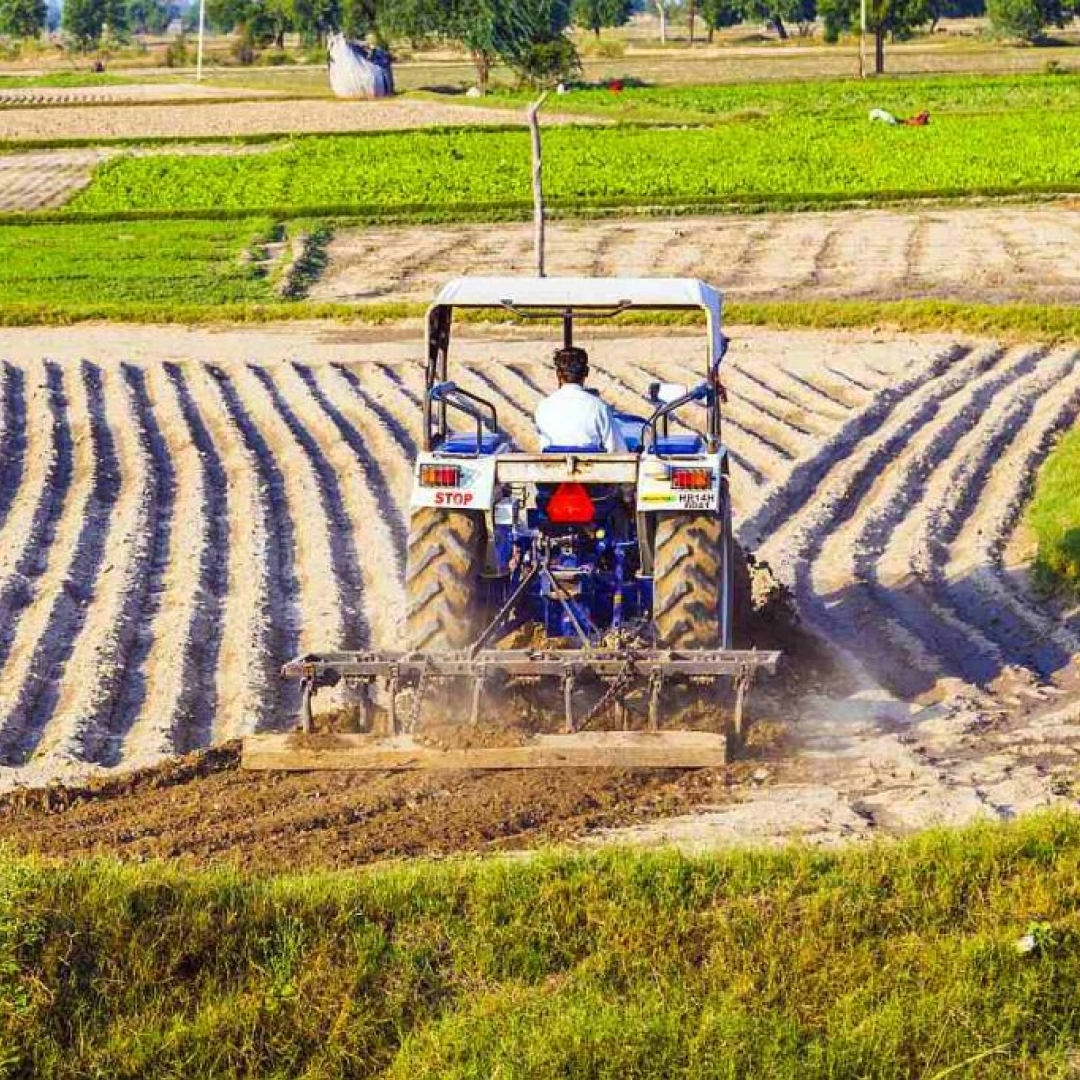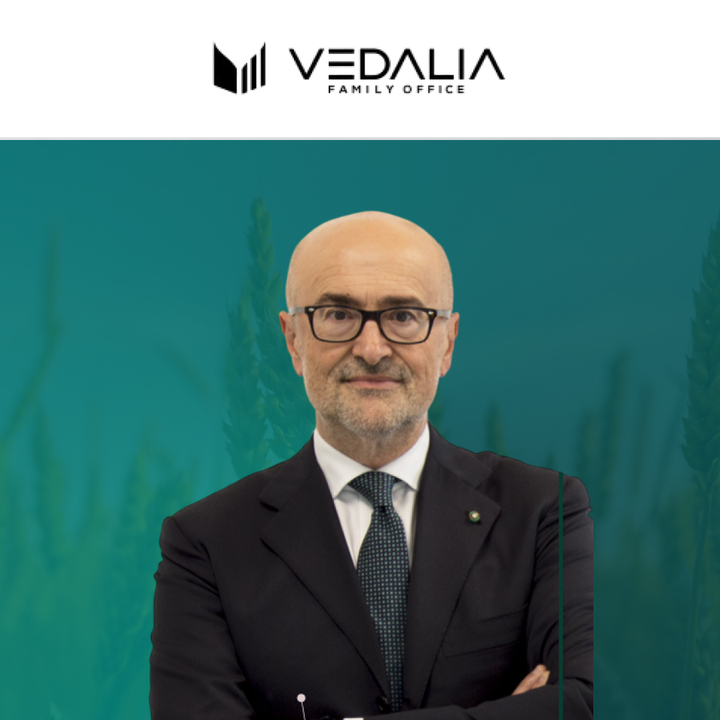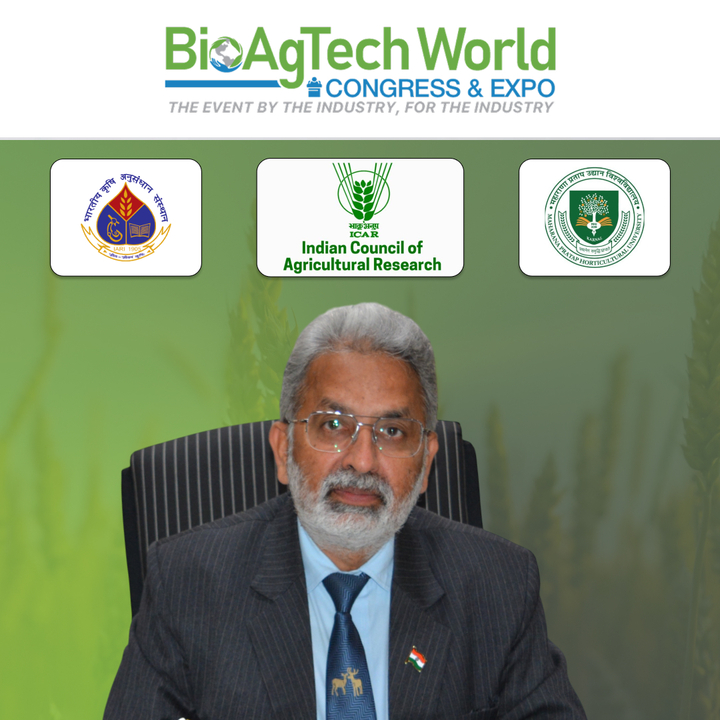
This season, orchardists in Hawke’s Bay are revolutionizing their crop- spraying techniques by adopting drones instead of traditional methods like tractors and helicopters. This shift to drone spraying is viewed as a game- changing move by industry leaders, offering both cost savings and a reduced environmental footprint.
Drones, one of the latest tools in the horticulture industry, are proving their value. According to Daniel Brewster, Associate Viticulturist at Aotearoa New Zealand Fine Wine Estates, “With drone spraying, we were able to spray a property that would normally take three days in just three hours, making it a massive timesaver.”
Drones follow pre-mapped courses through orchards, providing farmers with greater control and the potential for improved spray coverage compared to conventional methods. For example, a typical tractor might distribute around 1000 liters over two hectares per hour, whereas the new drones in testing can cover five hectares in the same timeframe while using only 500 liters.
However, growers are keen to assess the effectiveness of this new spraying method. To do so, sections of apple orchards are being exclusively sprayed with drones for comparison with traditional techniques.
Anna Lambourne, the member Engagement Manager at NZ Apples and Pears, highlighted the sustainability benefits of drones, including the
potential for targeted and reduced chemical use.
This trial represents just one of the many new technologies the industry is exploring. As Anna Lambourne stated, “Going forward, we really want to focus on being able to home in on problem areas and just spray specific disease or pest areas, reducing the overall chemical usage.”
Drones also demonstrate their value in challenging winter conditions when traditional equipment like tractors can’t access crops due to muddy conditions.
The horticulture industry’s future looks promising as it embraces this new technology, according to Scott Horgan, a drone pilot at Airborne Solutions.
He remarked, “It’ll be a really different space in 10 years. I’ll be surprised if drones aren’t doing most of the spraying. Ten years from now, the industry will look significantly different.”
He remarked, “It’ll be a really different space in 10 years. I’ll be surprised if drones aren’t doing most of the spraying. Ten years from now, the industry will look significantly different.”






